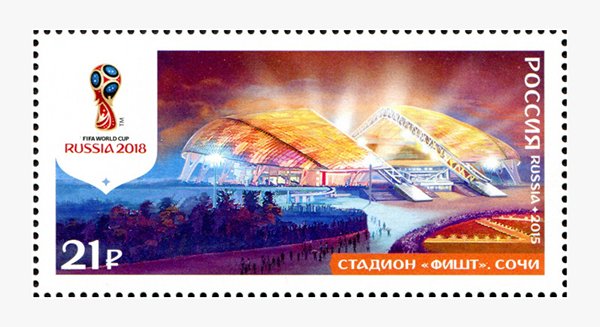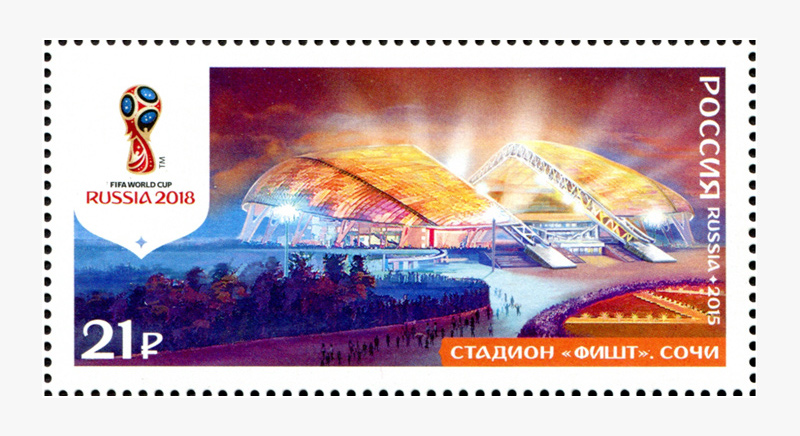China-Russia E-Commerce Delivers Record Month for Mail Carrier
Russian Post records its busiest ever month, a testament to the level of China-Russian cross-border e-commerce.

Russian Post handled 38 million international parcels in March this year, an all-time record for the state-owned mail carrier. This surge in deliveries is at least partly down to the success that two relatively new China-serviced e-commerce platforms – Joom and Pandao – have had in penetrating the Russian market.
The March record easily exceeds the highest level of throughput previously recorded by the carrier. During the immediately pre-Christmas period, traditionally the busiest few months for postal services the world over, Russian Post had previously hit a high of 30 million packages in a month, well short of its March total.
Tellingly, of the 93.7 million parcels handled by the service in the first three months of 2018 – a 35% increase over the same period last year – only some 900,000 were outbound from Russia. This is, again, a clear indication that cross-border e-commerce deliveries largely account for the carrier's package-handling spike.
The contribution of Joom and Pandao to these record figures should not be underestimated. While AliExpress, the Hangzhou-based e-commerce giant that has been active in Russia since 2015, operates its own logistics service, the two newcomers have been almost wholly-reliant on Russian Post for almost all of their deliveries.
Again, unlike AliExpress, both Joom and Pandao are ostensibly Russian businesses, even though the vast majority of their vendors are China-based. In the case of Pandao, it was launched by Mail.ru, Russia's longest-established internet business, in September last year.
Following an intense period of promotion, its user base grew from just 400,000 in November last year to 5.5 million in the March of this year. It now claims to process 370,000 orders a day, a development some see as down to the promotional clout of Mail.ru, which is second in online popularity only to Yandex.ru among Russian consumers.
With the two new players only adding to the flood of e-commerce purchases transiting from China to Russia, with AliExpress and JD.com taking the lead here, a number of new delivery routes have opened up over recent years. These include overland pick-up points in Heilongjiang and Jilin, which are serviced by a growing fleet of Russian trucks, as well as the Xinjiang and Kazakhstan dry-ports, both of which boast state-of-the-art trans-shipment capabilities and ready access to the customs facilities of the Eurasian Economic Union (EEU), the five-nation trading block that counts both Russia and Kazakhstan as members.
For Hong Kong businesses looking to break into the Russian market via e-commerce, however, the national carrier remains the preeminent choice. As well as offering access to other EEU member states, it also provides a cash-on-delivery service via its Post Bank network, a facility that has proved hugely popular among Russia's less technically-adept online shoppers. In another plus, Post Bank also has the facility to process Union Pay transactions in both roubles and RMB.
As an alternative to Russian Post, Kazakhstan Post – better known as KazPost – has some potential. At present, however, it lacks its own consolidation centre in Asia, a shortcoming that puts up its costs while slowing down its delivery time. It is, however, believed to be in negotiations to remedy this by establishing just such a facility in one of China's coastal cities. With KazPost's ambitions likely to be fuelled by the growing significance of the Belt and Road Initiative, it could be worth keeping an eye on the carrier as a possible future partner.
Leonid Orlov, Moscow Consultant





